Those adorable smush-faced pets you love to snuggle have a fancy name associated with their appearance—brachycephaly. Brachycephalic pets are popular among pet owners, and, while their bug-eyed features make them appealing, these same characteristics predispose them to a variety of health conditions. If you own one of these flat-faced pets, or are considering adding one to your family, first learn about their unique traits, and how to best keep them healthy.
What physical features make a pet brachycephalic?
Brachycephalic pets can be identified by their shortened muzzles and faces that appear flat. These features mean they have narrow nostrils and smaller airways, although these health issues are not dissuading people from adding them to their family. In recent years, brachycephalic breeds have skyrocketed in popularity, and continue to do so.
Which dog and cat breeds are brachycephalic?
While people generally think of dogs as brachycephalic, certain cat breeds also have flat faces. Some of the most common brachycephalic dog breeds include:
- English bulldog
- French bulldog
- Boston terrier
- Boxer
- Affenpinscher
- Brussels griffon
- Pekingese
- Pug
- Shih tzu
- Lhasa apso
Some of the most common brachycephalic cat breeds include:
- Persian
- Himalayan
- Burmese
What health issues can affect brachycephalic pets?
Because of their unique physical characteristics, brachycephalic pets are predisposed to a variety of health issues. Some of the most common conditions that affect flat-faced pets include:
- Eye problems — Shallow eye sockets make the eyes protrude, leaving them vulnerable to injury. Brachycephalic pets are prone to corneal damage, which can lead to ulcers and infection. They are also susceptible to developing “dry eye,” or keratoconjunctivitis sicca, which requires lifelong treatment. These breeds are also affected by entropion, where their eyelids roll inward and rub against the cornea, requiring surgical correction in most cases.
- Heatstroke — A flat face and smaller airway makes panting more difficult for brachycephalic pets, which means they can become overheated much more easily. Hot and humid conditions can cause your flat-faced pet to suffer from heatstroke more quickly than a pet with a longer muzzle.
- Obesity — While obesity is not a genetic condition, brachycephalic pets tend to run a little larger than they should. Excess weight exacerbates many of the brachycephalic breed issues, such as heatstroke, skin infections, and respiratory problems.
- Dental disease — A shortened muzzle and jaw can cause overcrowded teeth. Because of the lack of room in a pet’s mouth, food and debris become trapped more easily, leading to excessive bacterial growth and plaque and tartar accumulation. Regular at-home dental care and professional dental cleanings are a must for these breeds.
- Skin infections — Those extra wrinkles on your smush-faced pet are adorable, but they trap moisture and debris. Without adequate cleaning, these facial skin folds are likely to develop bacterial and yeast infections.
- Exercise restrictions — Although your exuberant pug may think they can handle a marathon with no problem, brachycephalic breeds can easily overdo exercising, especially in hot conditions. Flat collars can also cause a problem, because when an excited pet pulls against the collar, their airflow is further decreased. Stick to harnesses when walking a brachycephalic dog.
- Respiratory issues — Brachycephalic pets are notorious for respiratory issues because of their physical features. In fact, a respiratory condition— brachycephalic obstructive airway syndrome (BOAS)—is named for them. Pets with this condition can have narrow nostrils, an elongated soft palate, a narrow trachea, and everted laryngeal saccules that can restrict breathing. Pets with BOAS commonly snore loudly and breathe noisily, and they can sometimes exhibit a blue tongue or gums from lack of oxygen. Typically, these pets will show an exercise intolerance, difficulty breathing, and increased retching or gagging. They may also faint or collapse, especially after exercise, excitement, or excessive heat or humidity. Obesity makes these signs worse. Severe cases of this condition generally require surgery to correct the airway.
How can I keep my brachycephalic pet healthy?
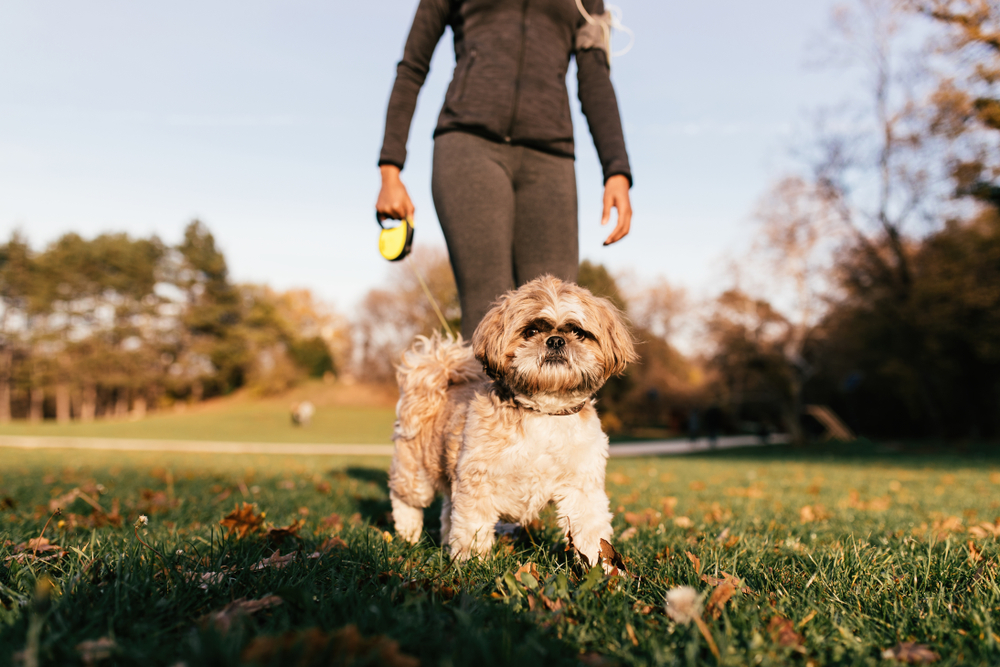
Brachycephalic pets are prone to developing certain health issues, but you can take steps to minimize their risk. To keep your flat-faced pet happy and healthy, follow these tips:
- Keep your pet’s eyes clean — Gently wipe the area around your pet’s eyes with a warm, damp washcloth every day. This will remove discharge, and allow you to monitor their ocular health.
- Avoid exercising your pet in hot, humid weather — Stick to early morning or the coolest part of the day when taking your pet outdoors, to prevent heatstroke.
- Help your pet maintain a healthy weight — Refrain from overfeeding your pet, to keep them at a healthy body condition.
- Engage in regular dental care — Brush your pet’s teeth daily at home, and schedule annual or biannual veterinary dental cleanings to prevent dental disease.
- Wipe out your pet’s facial folds — Medicated wipes may be necessary to ward off bacterial and yeast overgrowth in your pet’s facial skin folds.
Keep your flat-faced friend in tip-top shape by scheduling their wellness care regularly. Contact our LaGrange Veterinary Hospital team to make an appointment.



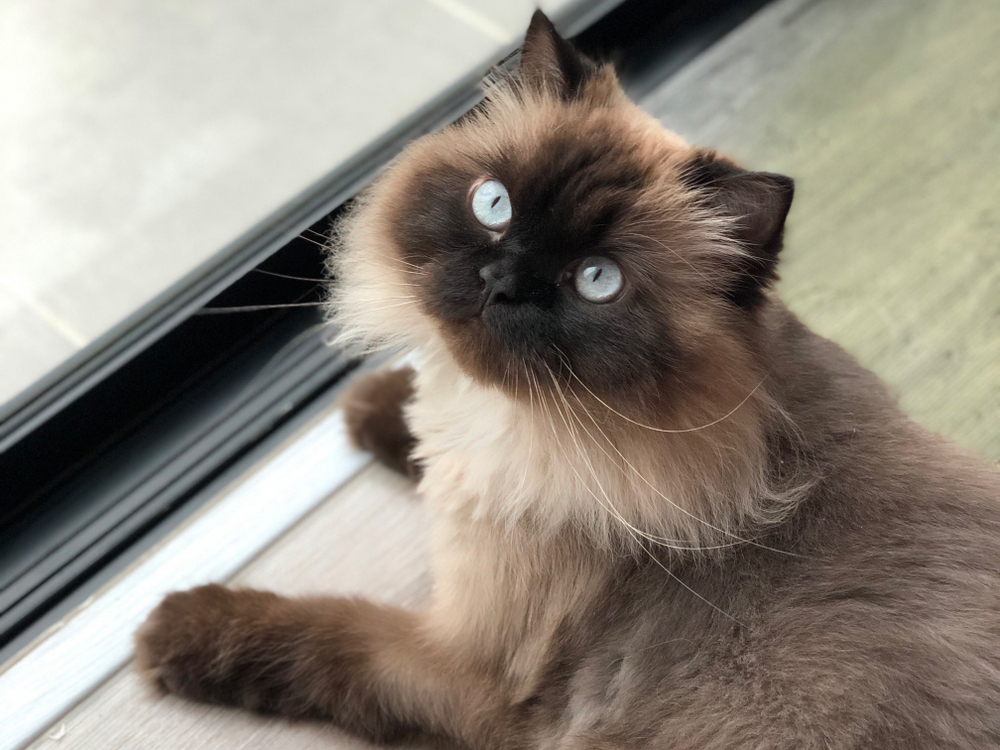
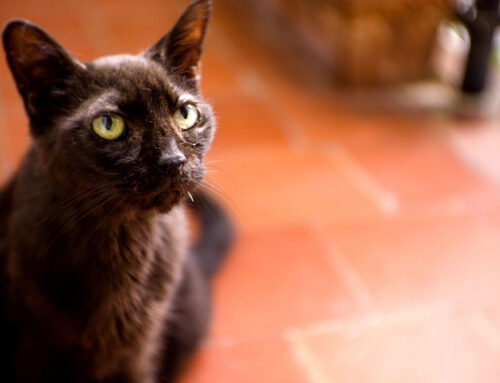
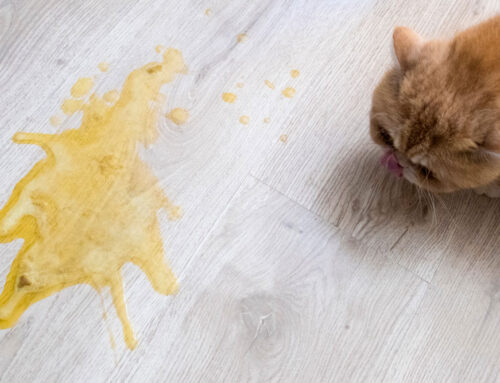
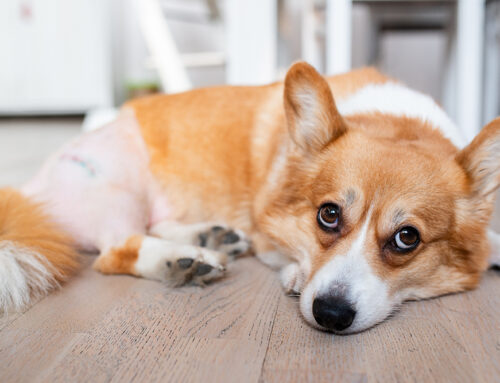

Leave A Comment